10 Reasons You Should Hire a Professional Wedding Photographer
Yesterday, I posted a sneak peek of a wedding I photographed this past weekend on Facebook. The bride's dad posted the following response almost immediately: "Woooow! After seeing so many great images from others, I thought 'What more could be done?' You answered that nicely, these are stunning!" (Here's that picture):
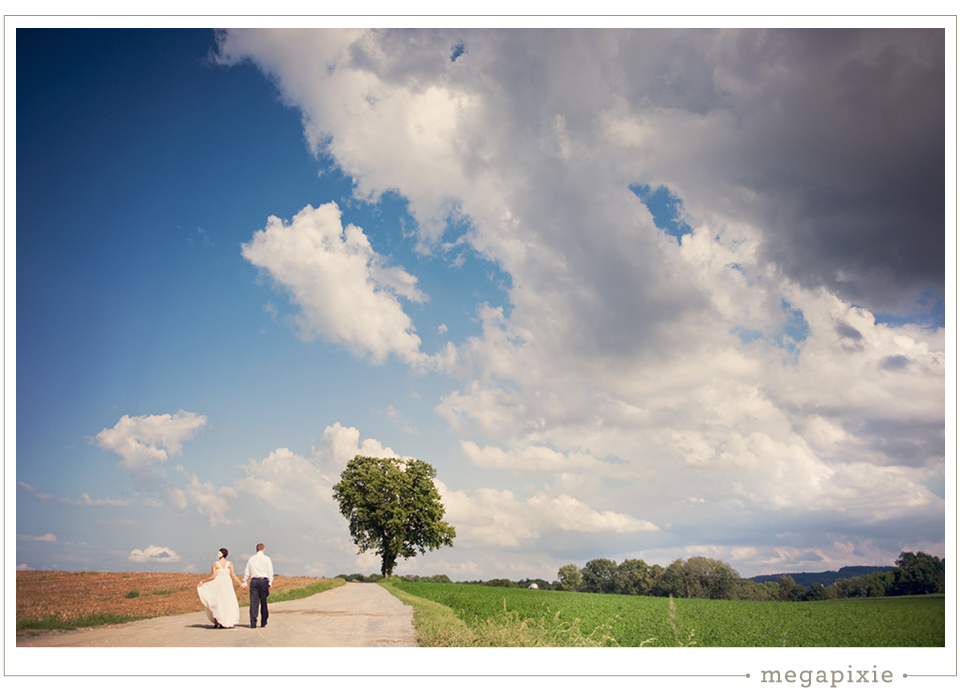 That got me thinking. I would venture to guess that a good 75% of the guests at said wedding - father of the bride included - were carrying cameras... some of them quite high-end. The wedding was gorgeous, and I don't doubt for a second that several guests got some really great images, but the bride and groom didn't rely on any of them (or all of them) to be their official wedding photographer(s). I know that some people wonder why anyone in this day and age shells out big bucks for wedding photography when they could find a friend with a really good camera and ask them to do the honors. I know, too, that weddings cost a lot of money, and that many budget-conscious brides look at photography as a great place to cut corners... after all, lots of people these days carry good cameras, and good cameras = good pictures... right?
That got me thinking. I would venture to guess that a good 75% of the guests at said wedding - father of the bride included - were carrying cameras... some of them quite high-end. The wedding was gorgeous, and I don't doubt for a second that several guests got some really great images, but the bride and groom didn't rely on any of them (or all of them) to be their official wedding photographer(s). I know that some people wonder why anyone in this day and age shells out big bucks for wedding photography when they could find a friend with a really good camera and ask them to do the honors. I know, too, that weddings cost a lot of money, and that many budget-conscious brides look at photography as a great place to cut corners... after all, lots of people these days carry good cameras, and good cameras = good pictures... right?
Well...
*ahem*
Not exactly, no.
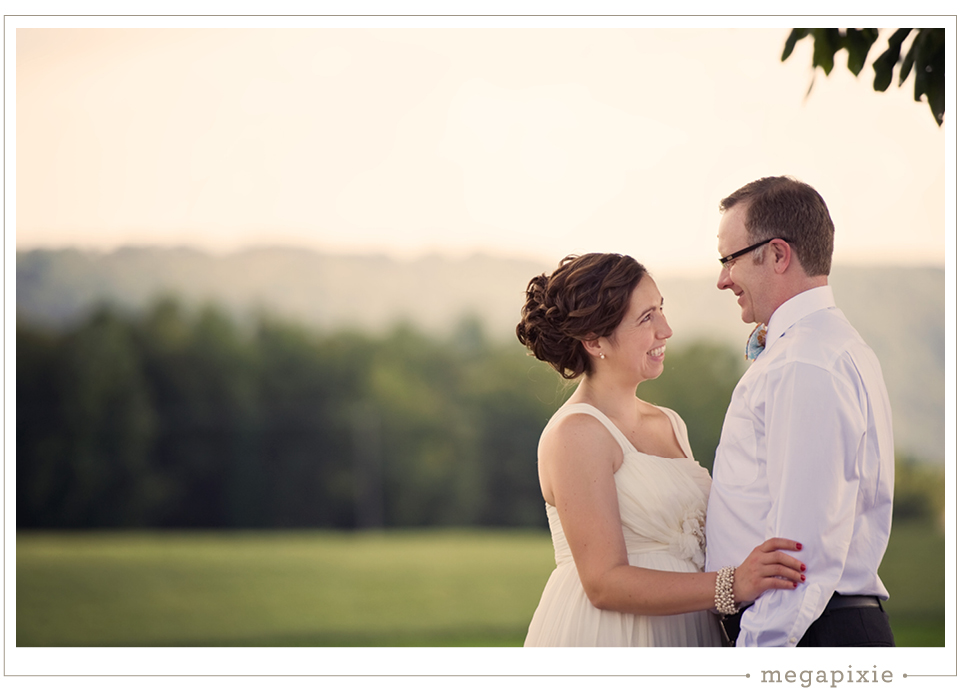 I don't mean to sound pushy or to suggest that you need to hire me in particular (though if you like what you see, by all means, drop me a line!); I'm just giving honest advice like I might give to a friend. I could list a hundred reasons why you should budget for a professional for your wedding photography, but here are some of the big ones off the top of my head.
I don't mean to sound pushy or to suggest that you need to hire me in particular (though if you like what you see, by all means, drop me a line!); I'm just giving honest advice like I might give to a friend. I could list a hundred reasons why you should budget for a professional for your wedding photography, but here are some of the big ones off the top of my head.
. . . . . . . .
10. Due Diligence: A professional photographer will take the time to get to know you before the wedding - how you envision your wedding images, what's important to you, and what you'd rather not see. A professional photographer will know your venue ahead of time, whether because she worked there before made a trip to visit a week beforehand so she'd know just where to be to get the best pictures, before, during, and after the ceremony. A professional photographer will be proactive and coordinate with you regarding your timeline, your complicated family structure, your chapel's strict rules about photography, and your band's request for some new promo photos.
9. Insurance: A professional photographer carries insurance, both in the form of official liability and equipment coverage, as well as having a solid backup plan in case he comes down with the flu/has a death in the family/breaks an arm/whathaveyou. Your photographer's insurance policy may seem of little import to you, but what if her camera breaks two days before the wedding and she says she can't replace it because she doesn't have the cash to do so? What if his camera bag knocks your husband's 95 year-old grandmother over and she goes to the hospital with a broken hip? Even if you think those are unlikely scenarios, bear in mind that many wedding and reception venues require photographers to provide a certificate of insurance... and if your photographer doesn't have one, you don't have a photographer.
8. Computer equipment and systems for backing files up: A few weeks after my parents got married, their photographer called them with some tough news: he hadn't checked the expiration date on his film, and not a single one of their pictures came out... the only photos I've seen of my parents on their wedding day are a very few snapshots taken by other guests. These days, film expiration isn't an issue for the majority of wedding photographers, but there are still many ways images can be ruined or lost. A professional photographer should know how to properly handle and reformat memory cards, then have a system for backing up all photos in two to four separate locations to prevent loss due to hard drive failure, fire, etc...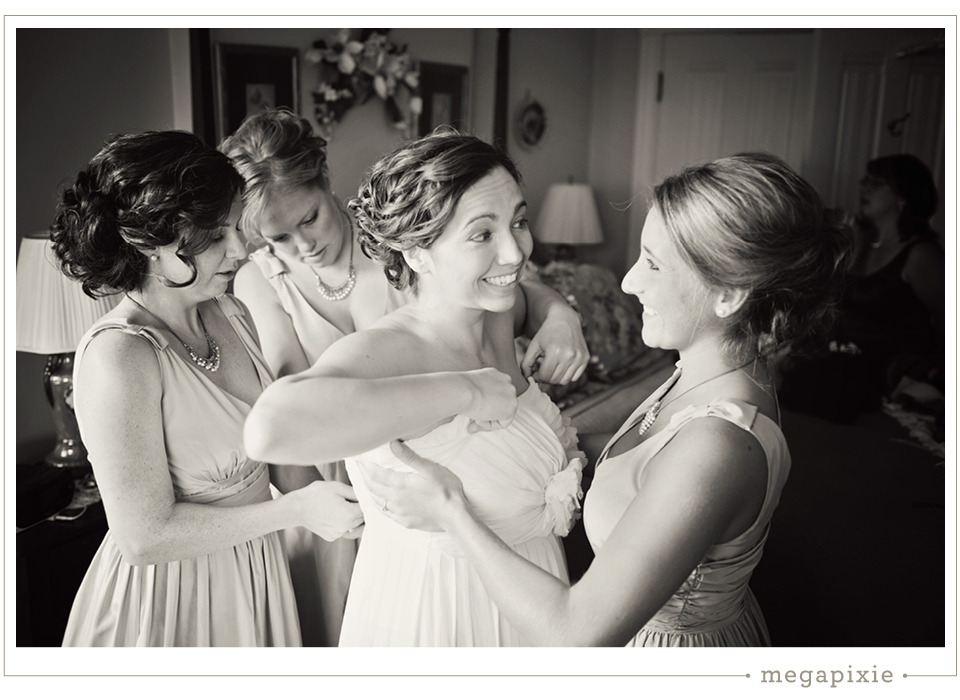
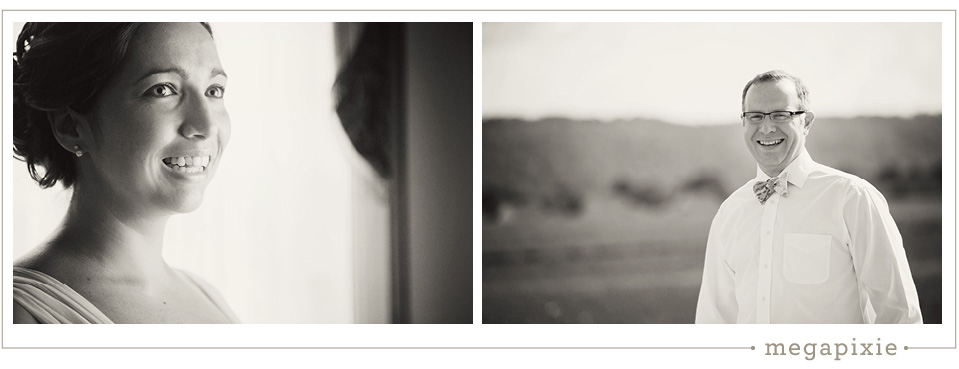
7. Professional photo equipment: Just having a nice camera does not a professional camera bag make. At minimum, your wedding photographer should be carrying a dSLR camera that allows the user full control of its various functions, a selection of lenses, a hotshoe-mount flash, and adequate memory. A professional will more likely carry a full-frame camera, as well as some combination of professional lenses, off-camera lighting options, flash modifiers, diffusers, reflectors, a tripod, backup drives, and battery packs (and many pros carry quite a bit more than that).
6. Backup equipment: All of the above? Double it. Equipment fails and breaks all the time, and the best insurance company in the world can't replace a camera mid-ceremony on a Saturday afternoon. The pros carry backup cameras, lenses, lighting, memory, etc., etc.. Always. No exceptions. Depending on your budget and the size of the wedding, most pros also have a backup photographer, aka a second shooter.
5. Skill: A professional photographer knows his craft inside and out. With the right equipment, just about anyone can get a good picture of a well-lit subject, but what if the lighting isn't great? Even worse, what if the lighting is mixed, so you've got dark shadow in half the picture and bright sun in the other? All of a sudden the camera's auto function isn't going to cut it, and you need someone who has the ability to compensate. Even under the best circumstances, a professional's skill is more likely to result in a wide variety of shots, angles, and artistic composition, whereas a novice more frequently goes for the safe shots.
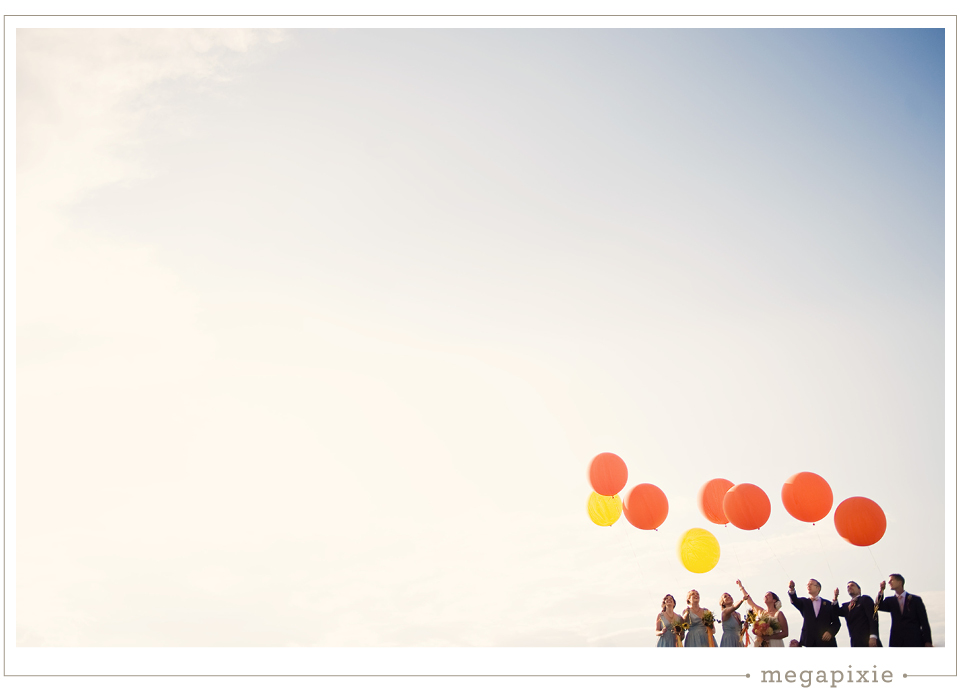 4. Consistency: One of the harder pitfalls to avoid in shopping for a wedding photographer is establishing an individual's ability to consistently deliver images like the ones displayed in his portfolio. One way to get a good read on consistency is to look back through the photographer's blog (if he has one) - if it is updated frequently, you can generally get a good sense of his work. Another is to ask to see the full set of wedding photos from a recent wedding. In addition to consistency in both quality and processing, you should look for a variety of types of images - portraits, candids, photo-journalistic moments, artistic representation of details, etc. You may not think you want posed portraits of all of your mom's sisters, but 90% of the time she will, and chances are you will capitulate.
4. Consistency: One of the harder pitfalls to avoid in shopping for a wedding photographer is establishing an individual's ability to consistently deliver images like the ones displayed in his portfolio. One way to get a good read on consistency is to look back through the photographer's blog (if he has one) - if it is updated frequently, you can generally get a good sense of his work. Another is to ask to see the full set of wedding photos from a recent wedding. In addition to consistency in both quality and processing, you should look for a variety of types of images - portraits, candids, photo-journalistic moments, artistic representation of details, etc. You may not think you want posed portraits of all of your mom's sisters, but 90% of the time she will, and chances are you will capitulate.
3. Grace and moxie under pressure: Your photographer will be with you ALL DAY on one of the biggest days of your life. Almost inevitably during that day, there will be drama of some kind or another... it might be as minor as bad weather or a last-minute pimple, or it might be something worse - your ex shows up drunk or the caterer thought you said 50 people instead of 500. At times like these, a professional photographer knows how to make it work, whether by running interference for the drunk boyfriend, creating a beautiful series of umbrella-covered bridal portraits, or simply editing your pimple out of a thousand pictures, one by one. (As for that caterer problem, damn... that's a tough one, eh?). What's more, she's seen it all before, and can give you assurance in your moment of panic that the day will go over beautifully, and you'll have the pictures to prove it.
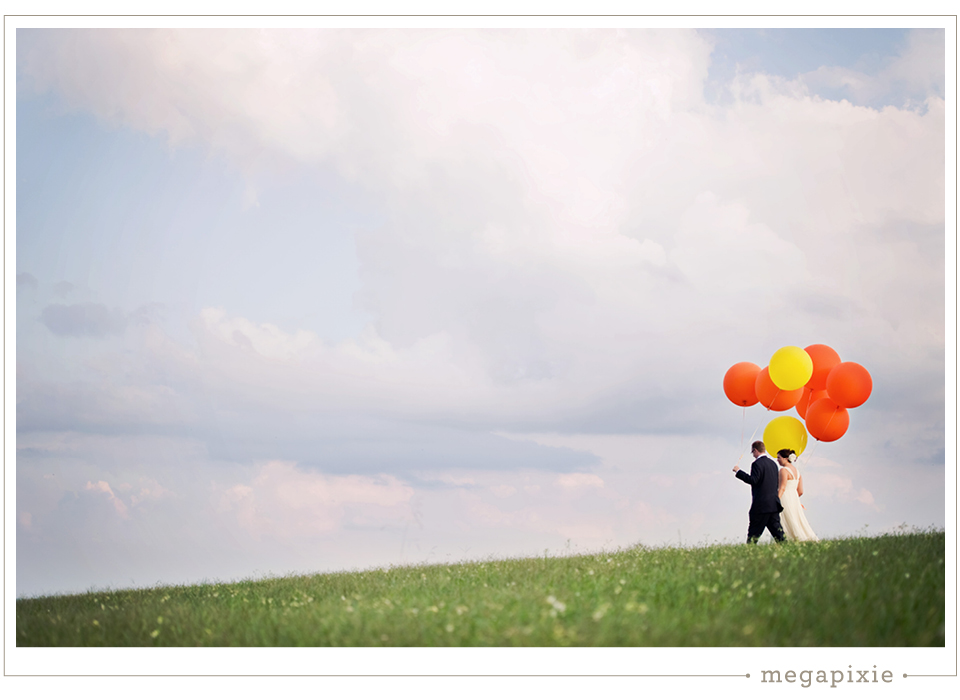 2. Experience: Weddings are fast-paced, exciting affairs, crammed full of logistical twists and turns that keep even the most organized bride up at night. Being an experienced wedding professional means knowing how to anticipate the big moments that can't be missed on camera, during the ceremony, before, and after. A wedding photographer has to be on, full-tilt, from the time he arrives early in the day until you jump on the back of your new hubby's motorcycle and head to the airport for Fiji, often foregoing food, water, and bathroom breaks for crazy stretches of time. Chances are that Uncle Joe and his great camera are going to want to sit down and have dinner, and might very well be deep in conversation with cousin Mildred about that trip he took to the Ozarks last spring while your best friends from college are breakdancing in the lobby. And unfortunately, your friend Sue who takes adorable pictures of her kids forgot that cocktail hour and formal portraits happen simultaneously, so... which one do you want to have? Hmmm? All this to say that experience is worth its weight in gold when it comes to wedding photography, and hiring a pro vs. an amateur will likely mean the difference between having someone who can help guide you on making and keeping schedule vs. yet another person you have to keep on task.
2. Experience: Weddings are fast-paced, exciting affairs, crammed full of logistical twists and turns that keep even the most organized bride up at night. Being an experienced wedding professional means knowing how to anticipate the big moments that can't be missed on camera, during the ceremony, before, and after. A wedding photographer has to be on, full-tilt, from the time he arrives early in the day until you jump on the back of your new hubby's motorcycle and head to the airport for Fiji, often foregoing food, water, and bathroom breaks for crazy stretches of time. Chances are that Uncle Joe and his great camera are going to want to sit down and have dinner, and might very well be deep in conversation with cousin Mildred about that trip he took to the Ozarks last spring while your best friends from college are breakdancing in the lobby. And unfortunately, your friend Sue who takes adorable pictures of her kids forgot that cocktail hour and formal portraits happen simultaneously, so... which one do you want to have? Hmmm? All this to say that experience is worth its weight in gold when it comes to wedding photography, and hiring a pro vs. an amateur will likely mean the difference between having someone who can help guide you on making and keeping schedule vs. yet another person you have to keep on task.
1. 100% dedication to YOU: Finally, hiring a professional means that you don't have to apologize for expecting that the person responsible for documenting this once-in-your-lifetime event will focus on that, and that alone, not only on the day of your wedding, but for hours of preparation beforehand and hours of archiving, editing, designing, and printing afterward. You'll have access to professionally-designed albums, prints that will last for generations, and edits that will make you and the rest of your day shine. You'll have a contract in place giving you a clear set of expectations as to what you will receive, when, and you'll have the reassurance that your satisfaction is not only important to your photographer's self-esteem... it's intrinsic to her business. In addition to beautiful photographs, your dollars purchase an insurance policy on your memories.
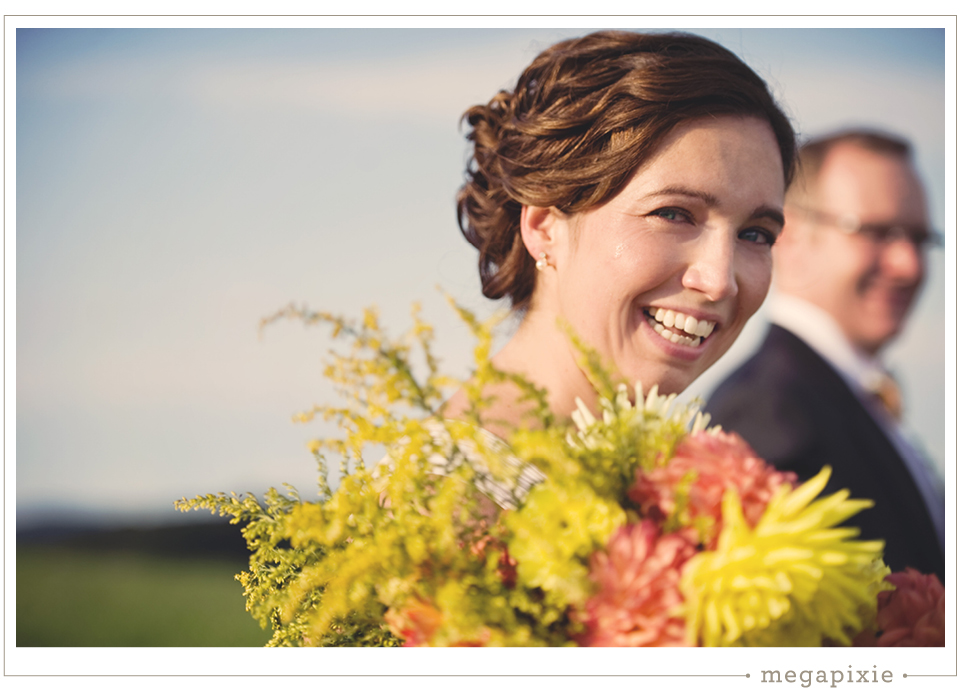 So there's my two cents... What's yours? Who has stories to tell? Anyone with good/bad experiences on either side?
So there's my two cents... What's yours? Who has stories to tell? Anyone with good/bad experiences on either side?
xox,
annemie